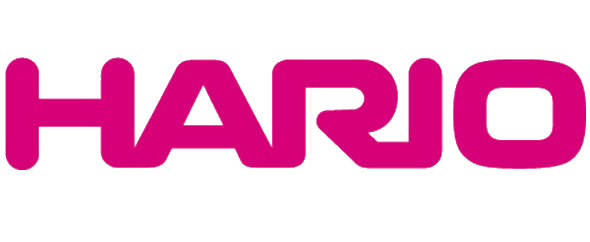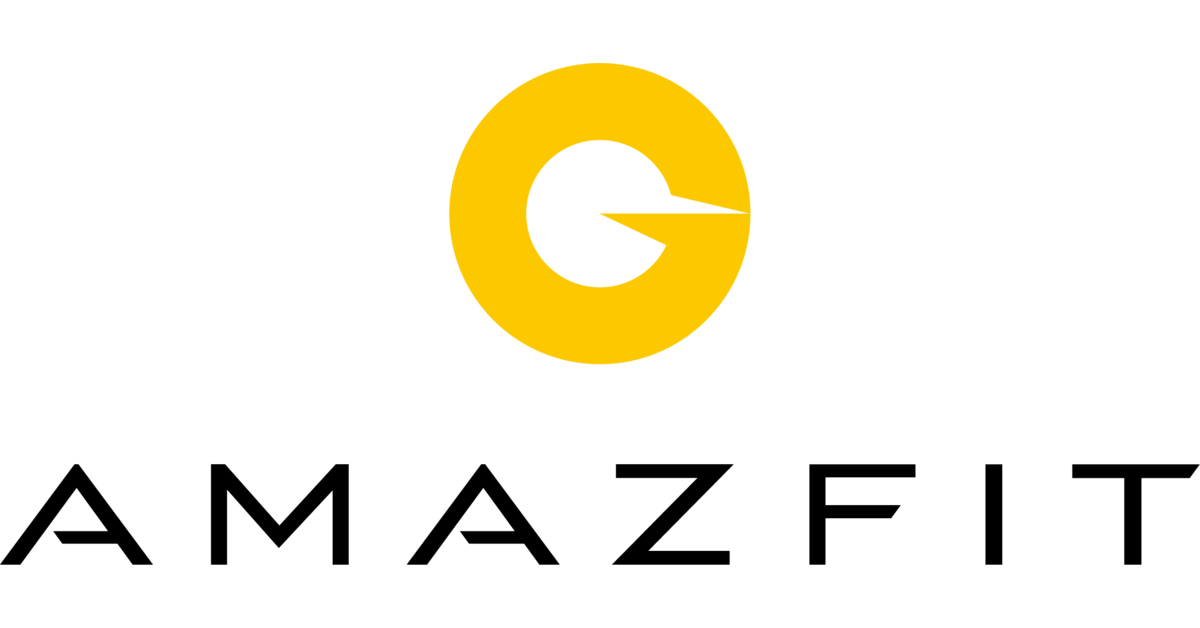Addiction vs Tolerance vs Dependence: The Differences


Specifically, studies with low doses, which also exclusively included studies with male participants only and retention of memory assessed at greater intervals, demonstrated the greatest effects (Ilieva et al., 2015). Although dose level was not analyzed as a separate moderating variable in any of the additional reviews, the wide range of doses and inconsistent results suggest the need for a more systematic investigation of the differential cognitive effects according to dose. Indeed, Repantis et al. (2010) explained that considering methylphenidate may follow an inverted U-shape function, additional research investigating how dose levels may impact cognitive enhancement is warranted. Smith & Farah (2011) point out a similar issue across methylphenidate and amphetamine, highlighting the importance of considering the nonmonotonic effects of these drugs, wherein higher than optimal doses may lead to impairments. Although the researchers explain that the studies included in their review did not demonstrate pronounced effects across dose level, Smith and Farah noted that optimal doses are influenced by additional characteristics often not accounted for in study designs. Thus, a lack of understanding in variability according to dose level and individual variability is a clear limitation across the majority of studies examining the potential for neurocognitive enhancement from prescription stimulants.


Preventing Substance Use
Get professional help from an online addiction and mental health counselor from BetterHelp. Sometimes, severe withdrawal symptoms require monitoring from doctors in a hospital setting. Recognizing the differences between dependence and addiction is crucial for tailoring effective treatment and recovery strategies. The terms “addiction” and “dependence” can seem similar, but they are different.


What Is Alcohol Dependence?
Like all chronic illness, a family history puts people at higher risk for developing the illness. Alcohol, on the other hand, often follows a slower, more insidious path of abuse before the body becomes dependent on it. You can also find a list of treatment centers near you on our website to help get you on the path to recovery.
Substance Abuse
Addiction is a chronic, relapsing disorder characterized by compulsive drug seeking, continued use despite harmful consequences, and long-lasting changes in the brain. These changes primarily occur in the brain’s reward system, particularly within areas like the nucleus accumbens and the prefrontal cortex. Keep reading to dive into the nuances of addiction vs. tolerance vs dependence for clarity and insights for addiction vs dependence effective intervention and support. Those with mild to moderate symptoms may receive treatment in an outpatient setting. You should ask a loved one to stay with you during this process, and you may need to visit a clinician for daily monitoring.
- There are even perceived differences between addiction versus the abuse of a substance.
- Less clarity, however, emerged across studies examining working memory specifically.
- Depending upon whether the patient exhibits physiological symptoms (withdrawal or tolerance), the diagnosis for substance dependence is specified as either with or without physiologic dependence.
If you are struggling with your alcohol or drug use, it can be helpful to explore these three definitions to determine whether there might be a problem. Addiction encompasses both a mental and physical reliance on a given substance. Dr. Kevin Wandler of Advanced Recovery Systems warns that addictive drugs, such as nicotine, can cause dependence.


Current Use and Misuse of Prescription Stimulants
Detox programs are available at certain clinics and medical facilities, where they supervise a person’s drug withdrawal and provide supportive medications, where necessary. These clinics are usually staffed with a team of doctors and nurses who have experience with addiction and drug withdrawal. The advantage of going to a detox center is that medical assistance is readily available. A detox center will place you in comfortable surroundings where you can be assured of help in case of emergencies.
Understanding Drug Use and Addiction DrugFacts
It is no secret that misinformation about addiction is rampant in popular media. One particular area of misinformation concerns how the use of language is employed when describing topics related to addiction. In traditional diagnoses, ‘addiction’ generally referred to a person’s physical reliance on alcohol, drugs, and other substances and behaviors, while ‘dependence’ was viewed more as the psychological reliance on addictive behavior. It’s a scenario that pits addiction versus abuse or addiction versus dependence.
- IOP programs vary, but they often involve a mixture of individual and group therapy, case management, 12-Step programs, experiential therapies, cognitive-behavioral therapies (CBT), and services that cover topics like skill-building, goal setting, and relapse prevention.
- All of the review and meta-analytic studies included studies that examined cognitive effects of methylphenidate and/or amphetamine across any dose level; however, the majority of studies included in these studies used doses that ranged between 10–20 mg for both drug types.
- The ultimate question to be addressed, therefore, is whether the benefits outweigh the risks for students desiring to misuse prescription stimulant medications.
- To adequately address the empirical question of whether prescription stimulants such as Adderall truly enhance cognitive functioning, double-blind, placebo-controlled studies with healthy adults are needed.
For example, data from the National Surveys on Drug Use and Health 2004–2012 indicated that the majority of first time prescription stimulant misuse occurs during adolescence and young adulthood between the ages 16–19. We strongly recommend that interventions that are designed to challenge expectancies around prescription stimulant use should target middle school, high school, and college students. For example, preliminary research indicates that an expectancy challenge intervention focused on modifying non-prescription stimulant use expectancies and reducing stimulant misuse holds the potential for reducing stimulant misuse among college students (Looby, De Young, & Earleywine, 2013). Further investigations, however, should examine the potential for more intensive interventions to maintain effects over time considering effects diminished by 6 weeks post intervention (Looby et al., 2013).


Mental Dependence Vs. Physical Dependence
In summary, preliminary empirical evidence supports that individuals with and without ADHD may receive small to moderate cognitive benefits from taking prescription stimulant medications in the areas of working memory, response inhibition, processing speed, and delayed memory. The mechanisms explaining neurocognitive enhancement, however, are less understood. For example, it is possible that neuroenhancement is better explained by placebo effects, altered perception of quality of work, or enhanced energy and motivation to improve productivity (Hildt, Lieb, & Franke, 2014; Ilieva et al., 2015; Smith & Farah, 2011). Furthermore, there are a number of important moderator variables that may explain inconsistent findings; for example, individuals with poorer baseline functioning as well as those who are homozygous for the val allele may derive benefits from prescription stimulants.


















